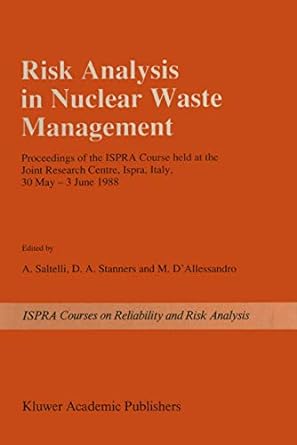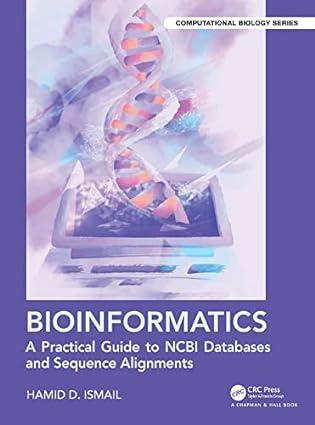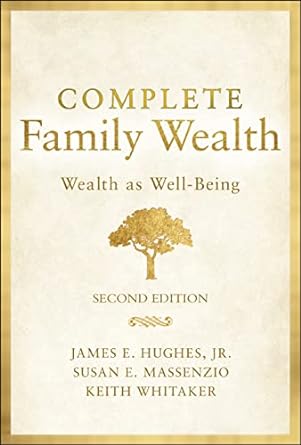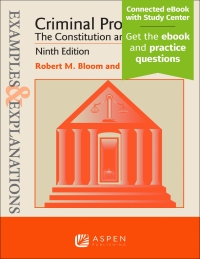Go back


Risk Analysis In Nuclear Waste Management Proceedings Of The Ispra Course Held At The Joint Research Centre Ispra Italy 30 May 3 June 1988(1st Edition)
Authors:
A. Saltelli ,D.A. Stanners ,M. Dalessandro

Cover Type:Hardcover
Condition:Used
In Stock
Include with your book
Free shipping: April 06, 2024Popular items with books
Access to 3 Million+ solutions
Free ✝
Ask 10 Questions from expert
200,000+ Expert answers
✝ 7 days-trial
Total Price:
$0
List Price: $54.99
Savings: $54.99(100%)
Book details
ISBN: 9401069638, 978-9401069632
Book publisher: Springer
Get your hands on the best-selling book Risk Analysis In Nuclear Waste Management Proceedings Of The Ispra Course Held At The Joint Research Centre Ispra Italy 30 May 3 June 1988 1st Edition for free. Feed your curiosity and let your imagination soar with the best stories coming out to you without hefty price tags. Browse SolutionInn to discover a treasure trove of fiction and non-fiction books where every page leads the reader to an undiscovered world. Start your literary adventure right away and also enjoy free shipping of these complimentary books to your door.
Risk Analysis In Nuclear Waste Management Proceedings Of The Ispra Course Held At The Joint Research Centre Ispra Italy 30 May 3 June 1988 1st Edition Summary: ----- One of the arguments most frequently raised by objectors to nuclear power production is the spectrum of the hazard from the nuc.lear waste. In the public's perception one of the most dangerous features of this waste is the threat to future generations due to the long life of the radio-emitting nuclides. People's concern for this hazard seems to be greater than that for other types of toxic wastes, widely produced and released to the environment (heavy metals, PCBs, arsenic etc.) though these might last even longer. In fact public attitude toward risk depends very strongly on the nature of the risk, as clearly illustrated ill the initial papers of these proceedings. On this basis it appears that tile safety of the nuclear practice, including waste disposal, cannot be assessed only by comparison with other practices or risks. For this reason the analysts have accepted the challenge of investigating the long term safety of this type of waste, taking it much further than for many other known pollution problems affecting mankind. Moreover, for one of the first times lhis is being dulle IJi2fure disp,)sal. The c,)ntributiolls tu these pruceedillljs attempt to describe the specific nature of this type of assessment, pi esent ing Ilew developments which have been made in the field. These include the recourse to system variability analysis, the use of natural and archaeulugical analogues and predictive geology.
Customers also bought these books
Frequently Bought Together
Top Reviews for Books
Request ebsoo2b
( 5 )
"Delivery was considerably fast, and the book I received was in a good condition."










